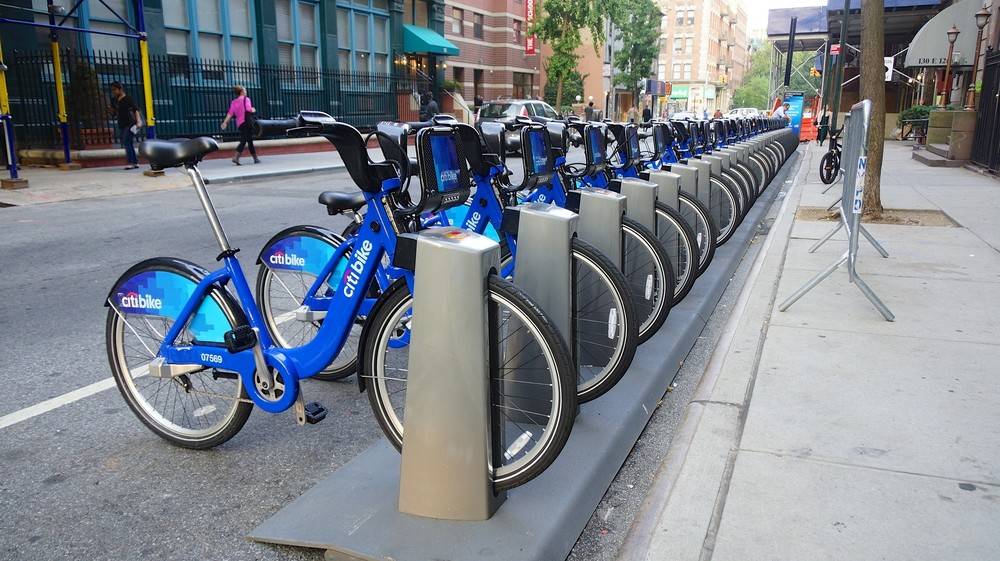Finch & Beak is now SLR Consulting, a global organization that supports its clients on setting sustainability strategies and seeing them through to implementation.
We invite you to check out the SLR website, so you can see the full potential of what we offer, from sustainability strategies to implementation covering Climate Resilience & Net Zero, Natural Capital & Biodiversity, Social & Community Impact, Responsible Sourcing and more.
Since 2009, more people are living in cities than in rural areas, and 7 out of 10 people are expected to live in cities by 2050. Rapid urbanization is associated with issues such as pressure on energy and water resources, waste management and transport networks as well as high levels of greenhouse gas emissions. This calls for cities to actively anticipate, act and mitigate these (future) risks, which expand to having attention for economic development, reducing poverty and improving quality of life of residents.
The term ’smart cities’ has been buzzing for years, although it is not always clear-cut what a smart city entails. Is putting sensors on every street corner enough to make a city smart? While various definitions exist, most agree that smart cities are urban areas that make use of information technology to address social, economic and environmental issues, creating sustainable economic development and a high quality of life. Bike sharing systems can be an ideal element of a smart city as they have the potential for impact on multiple levels. In this article, we derive from a study by researchers from INSEAD and Chicago Booth on global bike sharing programs with a specific focus on the Vélib’ system in Paris.
The most obvious bicycle sharing benefits are environmental and social: dealing with carbon emissions and poor air quality in cities. The latter is already having a clear and direct impact on public health. In China for example, outdoor air pollution contributed to 1.2 million premature deaths in 2010, and an estimated 80% of pollution in Asian cities is attributed to private passenger vehicles. Another health benefit of biking is its contribution to an active lifestyle. In the first six years of its existence, Vélib’ users were estimated to have burnt over 19 billion calories.
Bike sharing systems also have the potential to contribute to economic development. Accessible and efficient personal transportation is a key condition of economic development within cities. Parisian residents are losing an annual average of € 2,883 due to traffic congestion, and it’s costing the French economy € 17 billion every year. Bicycles address traffic congestion as they form a valid substitution for cars on short trips, contribute to the use of public transport by providing effective last-mile connectivity and simply take up less space on the road.
From a corporate perspective, sponsored bike sharing systems form an interesting vehicle for building corporate reputation. Citibank’s title sponsorship of New York City’s bike sharing program brought the company a 41% increase in brand consideration three months after its launch. When leveraged to improved financial performance, this may lead to economic benefits for the city in terms of employment and paid taxes.

Photo: Citibike station in New York's Flatiron District
(source: Ted Eytan via Flickr)
Of course, replacing every car with a (shared) bicycle overnight is not a realistic scenario. Barriers for bicycle adoption include a lack of safe parking spaces, vandalism and theft, and inconvenience and cost of owning and maintaining a bike. These issues are addressed by bike sharing systems. Nonetheless, the success of bike sharing systems depends on other aspects, such as station accessibility (how far a commuter has to walk to reach a station) and of bike-availability (the likelihood of finding a bike at the station).
The INSEAD & Chicago Booth study investigates these issues with empirical research on the Parisian Vélib’ system. Based upon calculations using a dataset of 22 million snapshots from 349 bike stations, the authors suggest that by splitting existing stations into smaller stations, which decreases availability but increases the accessibility, ridership can be increased by almost 30% – with the same amount of bicycles.
Meanwhile, a recent audit report on New York’s Citi Bike program noted a lack of accurate information on the availability of bikes in the mobile application for consumers. These findings again underline the call for smart technologies to optimize bike sharing system performance in order to develop a reliable transportation infrastructure within smart cities. The development towards smart cities promises interesting opportunities for sustainable innovation and collaboration between public and private parties.
Source: Ashish Kabra, Elena Belavina & Karan Girotra, Bike Sharing Systems: Accessibility and Availability, INSEAD & The University of Chicago Booth School of Business
Photo by Mika Baumeister on Unsplash
Seasoned advisor in ESG benchmarking, sustainability strategy and stakeholder engagement. | nikkie.vinke@slrconsulting.com
Finch & Beak
hello@finchandbeak.com
+34 627 788 170